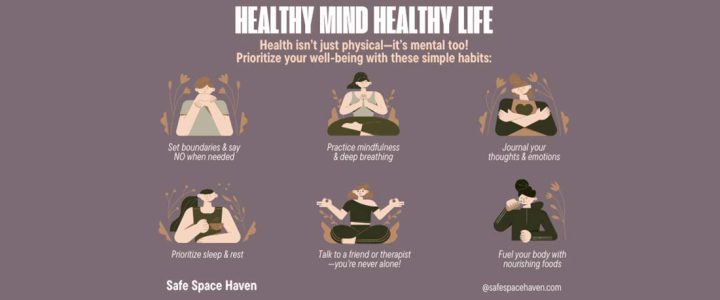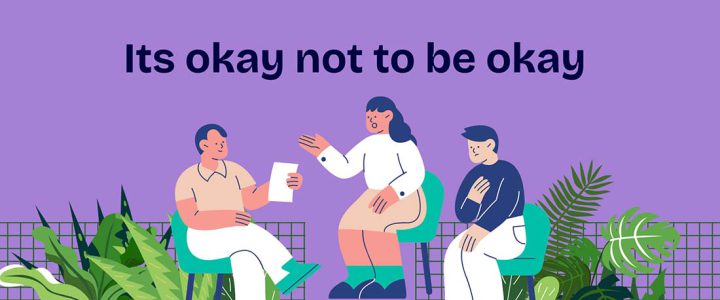Seeing someone you love go through emotional pain can leave you feeling helpless, anxious, or unsure of what to say. But your support offered with patience and empathy can be one of the most powerful sources of healing they experience.
What Not to Say
Sometimes our best intentions can backfire. In moments when someone is struggling mentally or emotionally, we may want to offer comfort, encouragement, or quick reassurance, but the words we choose can unintentionally do more harm than good. Common phrases like:
“You’ll get over it.”
Though meant to be reassuring, this can come off as dismissive. It may minimize the person’s pain and suggest that their suffering is temporary or unimportant, when in reality, they may feel like they’re drowning in it. Healing isn’t always a matter of time, it often takes support, understanding, and professional help.
“Just stay positive.”
This phrase, while optimistic, can feel like pressure. It may invalidate someone’s genuine emotions and suggest that they’re failing simply because they feel low. Positivity has its place, but it’s not a cure-all. Sometimes, people need space to feel their pain and process it before they can find hope again.
“It’s all in your head.”
Mental health struggles are real, even if they aren’t visible. Saying “it’s all in your head” can make someone feel like they’re imagining their pain or being dramatic. It creates shame and discourages people from opening up or seeking help. Mental health issues might originate in the mind, but their effects are deeply real, affecting both body and life.
How to Be Present Without Pressure
You don’t need to “fix” them. Often, what a struggling person needs most is your presence. Sit with them. Offer a comforting silence. Ask, “Do you want to talk or just sit together?” Your willingness to simply be there sends a powerful message: “You are not alone.”
Encourage Professional Support
While your love matters deeply, you’re not expected to be a therapist. Encourage them gently to seek help whether through therapy, counseling, or a support group. Offer to help them research options or go with them to an appointment if they’re afraid to go alone.
Listen Without Trying to Fix
Create a safe space where your loved one can speak freely without fear of judgment. Ask open-ended questions like, “How are you feeling today?” or “What’s been weighing on you lately?” Listen fully. Often, your empathy and presence are more healing than any advice.
Take Care of Yourself Too
Supporting someone through a mental health struggle can take an emotional toll. You may feel drained, frustrated, or even lost at times. That’s okay. Set healthy boundaries, seek your own support, and remember: you cannot pour from an empty cup.
You don’t need all the answers. Your compassion, patience, and commitment mean more than you know. At Safe Space Haven, we recognize that mental health is a journey not only for individuals but for families, friends, and communities. Together, we can create a world where no one has to struggle in silence because none of us are truly alone.



